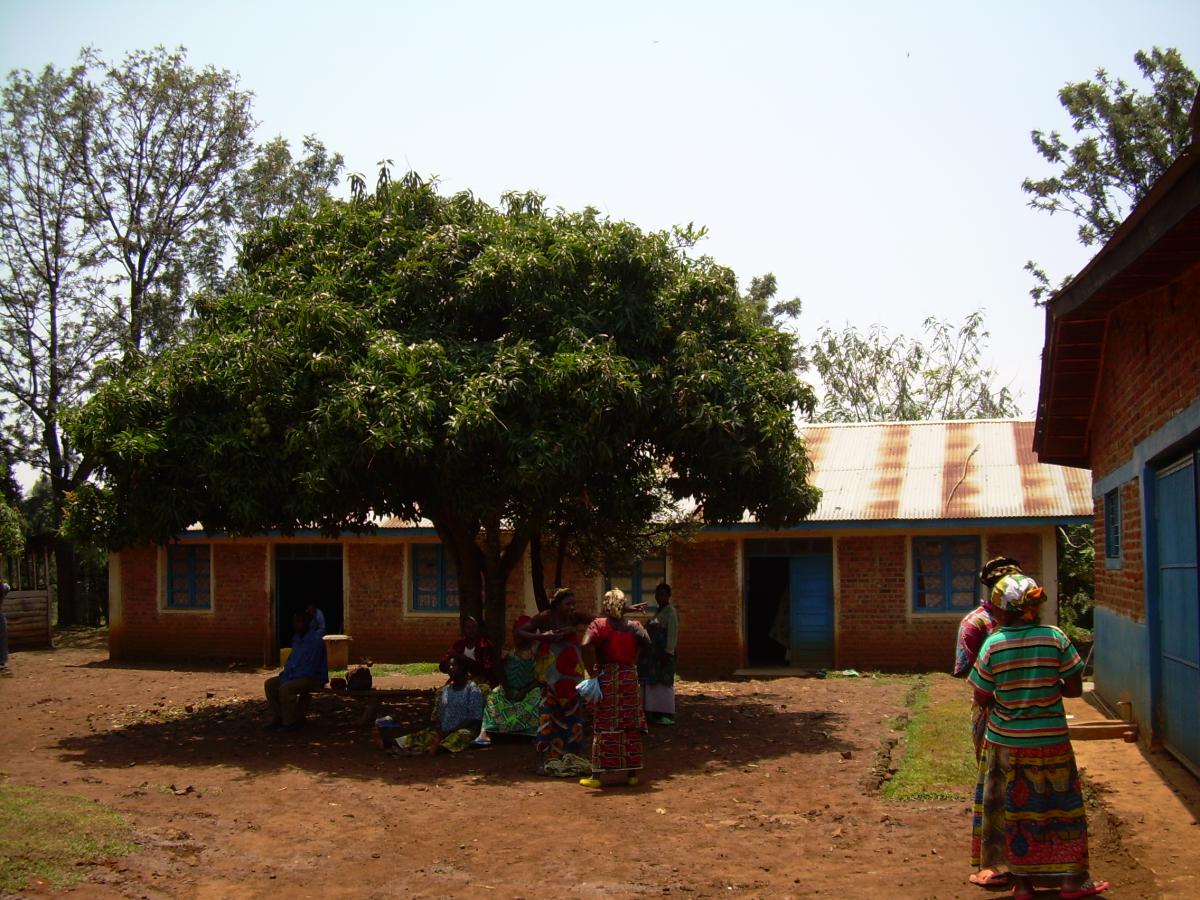World Health Organization
WHA78: Member States highlight the crucial role of the GCM/NCD in driving multisectoral and multistakeholder action on NCDs
Meaningful Engagement of People with Lived Experiences
27 May 2025
World Health Organization | 21 May 2022
In many low- and middle-income countries, women and girls living with noncommunicable diseases (NCDs) and mental health conditions experience particularly severe health-related stigma and discrimination. In the Democratic Republic of the Congo (DRC), girls and young women testing positive for diabetes risk being seen as a social and economic burden by their families. Due to fears of being a less desirable marital partner or transmitting diabetes to future children, families often conceal the disease, delaying timely diagnosis and treatment. To date, DRC’s national strategy to tackle diabetes focuses on patient screening and does not address stigma and discrimination.
This NCD Lab submission tackles social stigma and health-related discrimination as major barriers to accessing diabetes care for women and girls in the South Kivu Province of DRC. By combining improved access to diabetes care with active health information and community education, the project empowers young women living with diabetes and their families to advocate for change, seek the right care, and live safer, more dignified lives.

With limited evidence on the forms and consequences of health-related discrimination in DRC, the project started with focus group discussions with pregnant women attending routine antenatal care and nurses at a local hospital, exploring reasons for non-disclosure of women diagnosed with diabetes. A team also visited two major local schools to speak with young women and girls about their knowledge and perceptions of diabetes. Findings of these focus group discussions and individual encounters were debriefed with local health authorities. Participants of the initial focus group formed a network of champions, advocating for safe and effective diabetes care through several door-to-door health promotion campaigns.
By 2022, the group forming the network of champions had grown to 30 members organizing quarterly awareness sessions in selected local health facilities and schools in Katana. As only limited activities were possible during the COVID-19 pandemic, the project is now looking to extend its evidence base and regional reach by involving additional local actors into its activities.
This NCD Lab project was the winning submission in the category Women & and Girls. The project was submitted to the first NCD Lab cycle by project founder Dr. Belma Malanda.